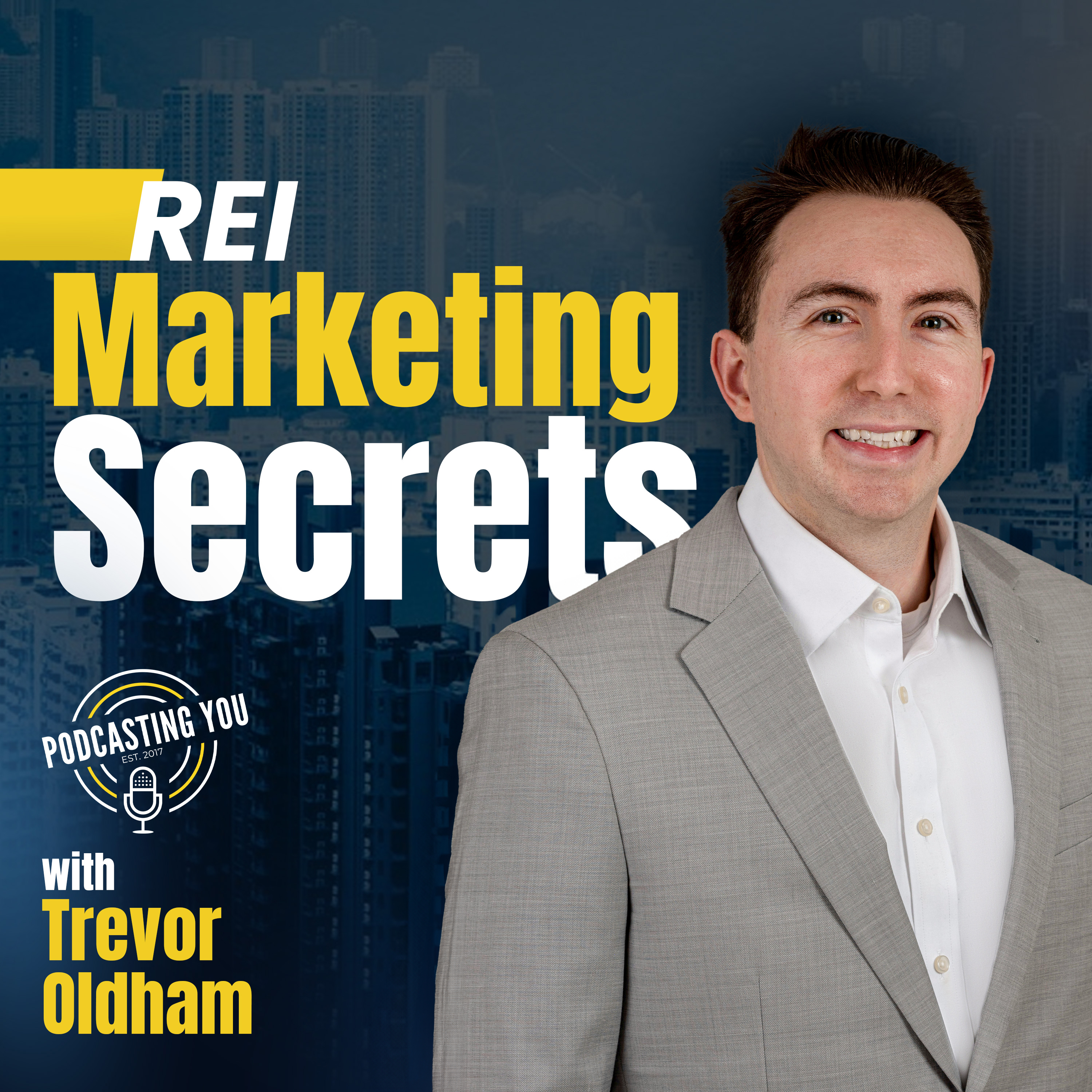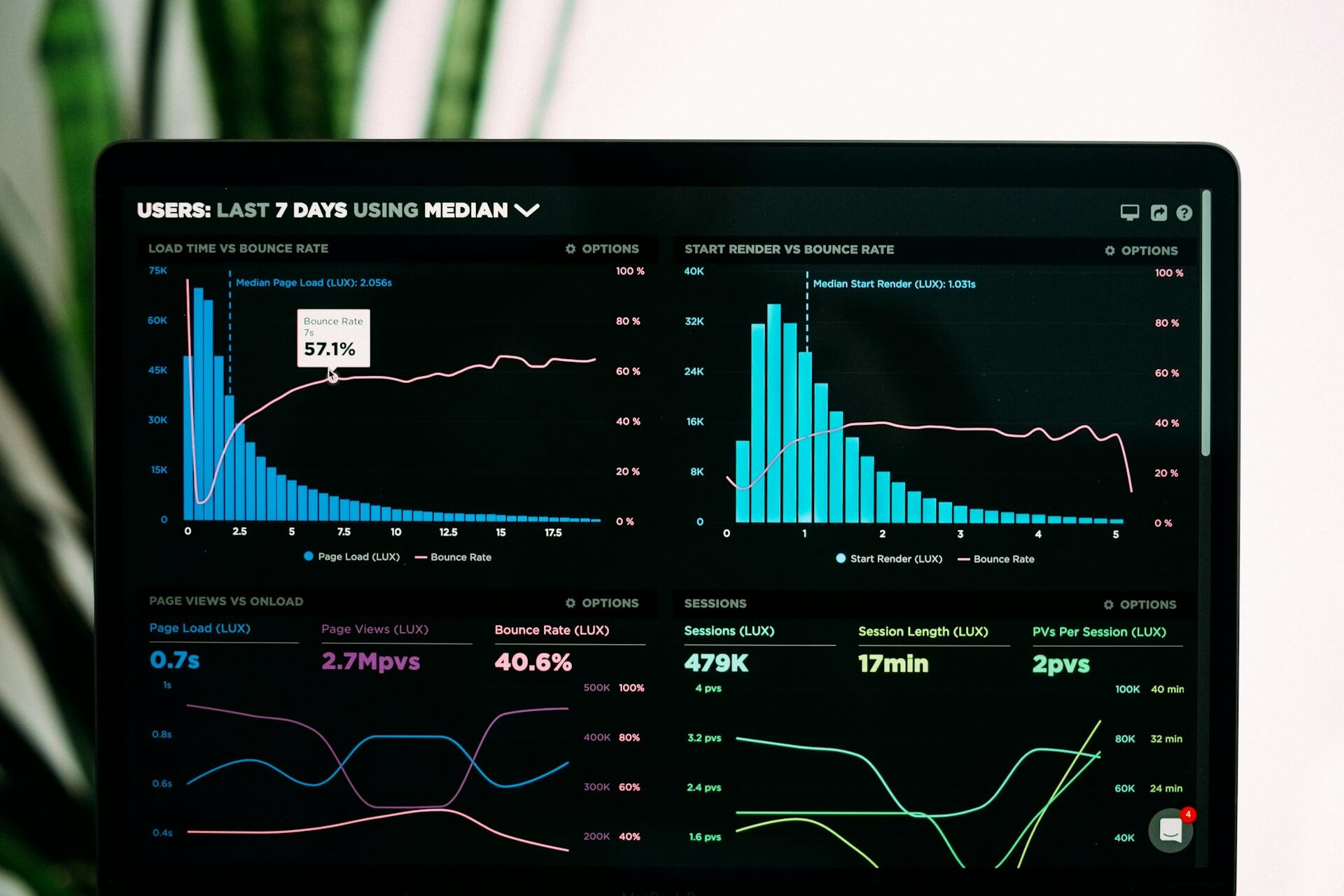In today’s episode, I discuss how to get booked on podcasts.
Listen To The Podcast Here
Watch The Episode Here
Connect with Trevor:
LinkedIn: https://www.linkedin.com/in/trevorjoldham/
Resources
Want to get booked on podcasts? 👇
https://realestateinvestors.podcastingyou.com/
~~~
Learn how to master podcasts for business growth 👇
https://realestateinvestors.podcastingyou.com/ebook
Read The Transcript Here
[00:02] Trevor Oldham: Welcome to REI Marketing Secrets, the podcast where we dive deep into the world of real estate investor marketing. Your host is Trevor Oldham, founder of podcasting you. And each week we bring you exclusive interviews with successful real estate investors who have mastered the art of marketing their real estate businesses. Whether you’re a seasoned investor or just starting out in the real estate industry, this podcast is your gateway to unlocking the secrets behind effective real estate investor marketing. Get ready to elevate your marketing game and take your business to new heights.
[00:42] Trevor Oldham: I want to talk about how to get booked on podcasts and really what that looks like and how you could go out there and do it yourself. Even though I do run podcasting you, a podcast booking agency where we work with our clients who get themselves booked on podcast or redo the podcast booking for them. I remember when I was first starting off back in 2015, I was running a different company at that time and I wanted to go on podcasts on my own. And I was the one that was doing all the outreach how I own. I was bootstrapping it. I didn’t have a budget, anything like that. So I want to share with you today if you are thinking, how do I get booked on podcasts? Maybe I don’t have a lot of budget, or maybe I’m just curious about how that whole process works. That’s exactly what I want to share with you today. So first off, you want to figure out who is your target audience and who you’re looking to speak to. We work with alternative investment companies, so if you’re a real estate investor that’s raising capital, it’s going to make more sense to go after your high net worth investors, your doctors, your lawyers, dentists, medical sales professionals, and different individuals like that. If you’re a real estate coach, then maybe it makes more sense to go after real estate specific podcasts. And then you can even go down from there. You can go into more your niche. If you’re a multifamily investor, maybe you want to go on multifamily shows. If you’re a wholesaler, you do fix and flips. Maybe you want to go on those type of shows. So you really got to define your target audience and not just say, I’ll go on any podcast that’s out there. One, it’s going to be insane how to get booked on every podcast that’s out there, get yourself booked on every podcast that’s out there. And then two, you’re just going to be wasting a lot of your time. And then three, even if you go on these shows, there’s like a good chance that nothing is going to come out of it. Like I can go on a show. I’m trying to think, like I can go on a health coach podcast, talk about podcast guesting. But when I mentioned, that’s when I mentioned our target audience is these alternative investment companies, well, it’s not going to work out so much when I’m talking to their audience. So you want to make sure that you’re speaking to the right audience. From there, it’s researching and building out your list of podcasts. So there’s a couple of ways you could do this. Let’s say if you’re a real estate investor, one tool, or I would say a couple of tools you could do. One’s called listen notes, one’s called Rothonic. I do really like both of them. They run about, I think, 100, $150 per month. And if you have someone on your team and it costs a little bit extra outside of that, I find those tools to be pretty good. The one caveat with that is when you’re going out there and building your list, with building your list of podcasts through these platforms, a lot of times you’re going to get contact information and you’ll look at the email and it’s just not the podcast host. It’s not even the same company. It’s just an email that doesn’t exist. So you just have to do your due diligence. And I find that if I come across an email that’s given to me by refonic or lists of notes that just doesn’t look accurate, I’ll just go on the podcast host’s website. I’ll do some digging. Maybe I’ll go to their Facebook page, see if an email is listed there. Maybe I’ll use a tool like Hunter IO to scrape and see if there’s any emails to pull from. Still not finding anything, go to their website, go to the contact us page, see if there’s anything there. If they have the con, you know, the message us, you can definitely do that. I find it’s hit or miss on the results. And then to take it like, even like a step further, you could go through, like the privacy policy. Sometimes there’s emails there. Again, not that effective, but just trying to figure out ways where we could find the best possible contact information. Because you’re spending all this time building this list, reaching out to these shows, trying to get yourself booked. And if you don’t have the right contact information, then that’s pretty much going to be all for, not at that point. So now you’ve built out your list of podcasts. And to preface that, you want to start, if you’ve never been on a podcast, I typically say you go on your small podcast and then you work your way to your medium, then you work your way to your large. Even if you are very successful, I find that it takes about five to ten podcast interviews for you to get comfortable with talking about yourself, sharing your story, understanding what’s going to be going on again, even as successful as you may be. So I typically recommend, and what I mean by like a smaller show is it’s a show that has ten to 20 episodes, and then your medium sized shows, maybe like 40, 50 episodes. Obviously, there’s some gray area in there, and then your bigger shows, 50 episodes and up. But on these smaller shows, typically they’re going to have a little bit less of an audience, not as many people listening to these shows. So what you can do is try to get on these shows. It’s probably going to be a little bit easier for yourself to do it. And then you get to almost practice your story, practice what you’re going to be talking about. But then that podcast host gets the benefit of not having to find a guest for that specific episode. So just make sure that when you’re building on your list, I typically would start off with about 20 to 25 podcasts initially to reach out to and just work and work from there, typically take about maybe hour, two, maybe 3 hours. Again, whether it’s you, whether it’s someone on your team building this list, that’s really what I would start with. Now, you research the shows, you have your target audience down. What are you going to be, what are you going to be doing from there? It’s going to be putting together your podcast pitch. And with this, you want to basically include a little note about why you like the podcast, something specific you want to include, your bio. You’ll want to put together your one sheet, have that one sheet included within your podcast pitch, and just really want to make a nice, professional podcast pitch to send out to the podcast host. And with that said, I put together a video for those watching on YouTube, and I put together a podcast episode for those listening on the podcast on one sheets, and just the super amount of importance of them when creating them and putting them in your pitch. So I don’t want to dive too much into it. So I’d recommend checking out those episodes, but definitely want to have one sheet put together. Now you have your list of shows. You have your target audience, you have your podcast pitch, you have your one sheet. Now really the next step is reaching out to these podcasts and however you want to do it. If you want to reach out to 20 a week, say you’re looking at four to five per day, give or take. How many shows you want to reach out to? Maybe you just want to do it once per month. But the thing is, is you’re wanting to reach out to these podcasts. Let’s say hypothetically speaking, reached out to all 25 podcasts today. I recommend following up about seven to ten days later and just saying, hey, just reach out. Checking in to see if you want to have me as a guest on your podcast. Just something along those lines. You could potentially follow up a third time. But I don’t want to be like annoying to the podcast host and follow up like four and five and six and seven and eight and nine times. I just want to follow up enough where the podcast host, I know they got my message. I don’t want to be like annoying about it because there’s going to be no’s, there’s going to be unresponsiveness. It’s just part of the industry, it’s part of what happens. So just make sure that you are following up with these podcasts and then above all, just being consistent. Podcasting is really a long term strategy where if you had an interview today, most likely it’s going to be out four to six weeks from now. So there is a little bit of a lead time with that. But you just want to be consistent. And maybe 20 podcasts is a lot. But if you get, say, six to eight interviews out of that. So you’re looking at about an interview a week to an interview or two interviews a week, depending on how long your time is. Most interviews I just book out. I just block out an hour on my calendar. Usually most of them don’t go an hour, but I just find that that’s what works best for me in my schedule. But you just want to be consistent. Whether that’s, I’m going to reach out to five podcasts a week, whether that’s I’m going to reach out to 20 podcasts on the first of the month. And again, you just want to be consistent with that. And really it almost like is a snowball compounding effect where initially maybe you get on a couple, then all of a sudden you get on a little bit more, and then pretty much every single week you have a new podcast episodes coming out. You can take those episodes, you can use them on social media and there’s just so many things that you can do with it, but you just really got to be consistent. I find people will go on five podcasts, they’ll go on ten podcasts over a six month period, and then that’s it. And then they’re done. And then maybe they want to restart again another six months. But now they lost a little bit of their touch. They don’t have as much of their story. So again, you just want to be consistent. And I guarantee you if you use this strategy, you will be able to get booked podcasts. But I hope that was super helpful today and really good overview on how to get yourself booked on podcasts and exactly what we do for our clients at podcasting. You.
[10:07] Trevor Oldham: Thanks for tuning in to the REI Marketing Secrets podcast. Be sure to head on over to our website to check out the episode’s full show notes. We’d love it if you would leave a review for us on iTunes. If you’re interested in using podcast guesting to grow your real estate business, head over to podcastingyou.com. Thats podcastingyou.com. Weve helped over 400 real estate professionals secure more than 6500 interviews. Theyre a podcasting booking agency that helps real estate investors appear on top rated podcasts. Dont forget to subscribe to REI Marketing Secrets podcast and join us every week as we bring you invaluable insights from the brightest minds in the real estate investment industry. Let’s uncover the marketing secrets together.





